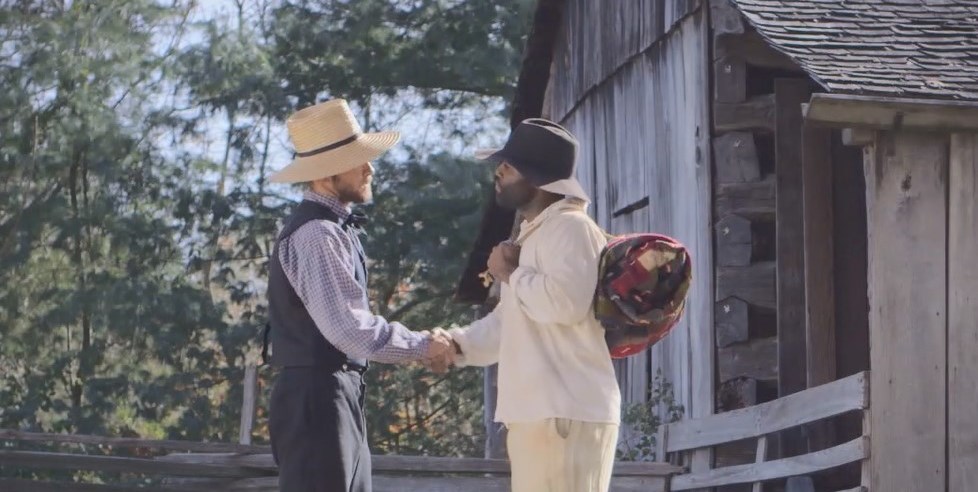Last updated: April 30, 2020
Article
Ulysses S. Grant and Slavery (Senior Ranger Activity)

During his time at White Haven, Ulysses S. Grant worked alongside enslaved African-Americans. He actually was the owner of an enslaved man named William Jones. William was an essential help to Grant while he was farming. Read more about William Jones here.
Grant faced disappointment and financial setbacks while farming. Grant needed money and by 1859, he was about to stop farming and move into
1. Pretend you are Ulysses S. Grant; you are leaning towards freeing William Jones. What do you think was going through Ulysses S. Grant's mind as he was grappling with this decision?
2. Think of a situation where you had to make a moral decision where making the right decision was not an easy choice and deciding to do the wrong thing would not have legal consequences. What was the thought process in making this decision and what did you decide?
3. As Ulysses S. Grant rose to command all the Union armies, he became a strong proponent of the enlistment of African Americans into the Union Army (United States Colored Troops, USCTs) saying, "We have added a powerful ally." Why do you think Ulysses S. Grant made that statement? What contributions did the USCTs make to the Union war effort? How did the enlistment of African Americans in the Union Army hurt the Confederacy?
4. Later as President, Ulysses S. Grant fought hard for civil rights for African Americans. He worked to secure citizenship, voting, education, and safety rights for African Americans. Think back to Ulysses S. Grant’s past experiences with African Americans: working with enslaved people at White Haven, owning William Jones, freeing him, debating his father in law, and experiences with USCTs in the Civil War. How might these experiences influenced his actions as president?
